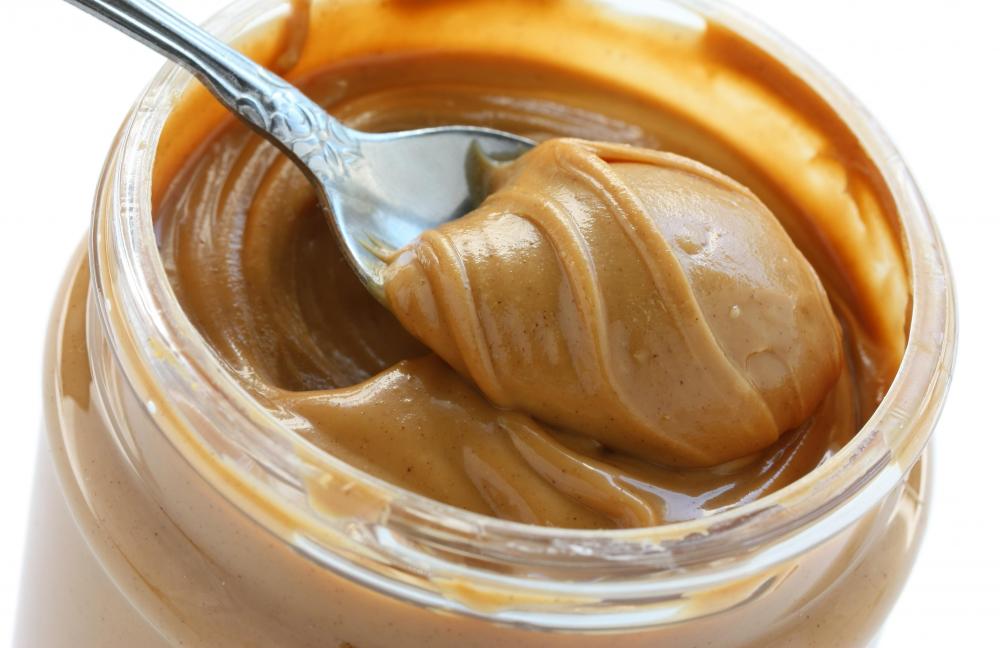At WiseGEEK, we're committed to delivering accurate, trustworthy information. Our expert-authored content is rigorously fact-checked and sourced from credible authorities. Discover how we uphold the highest standards in providing you with reliable knowledge.
Is It Safe to Expose Infants to Peanuts?
Exposing infants to peanuts for the first time can be understandably daunting for parents and caregivers. Yet the current guidance states that early exposure to peanuts is crucial in preventing the onset of allergies. In fact, the National Institutes of Health (NIH) began recommending controlled peanut exposure for babies in 2017, yet a recent study found that only 13% of parents were aware of this.
The NIH guidance suggests that parents and caregivers introduce peanuts to babies when they begin trying their first solid foods, generally around 6 months. According to experts, early introduction can help prevent peanut allergies from developing. While the exact reason for this isn’t fully understood, one prevailing theory is that it may teach infants’ immune systems that peanuts aren’t a threatening food.

To be on the safe side, it’s always a good idea to consult your pediatrician before carefully introducing any potential allergens to your infant. This is especially true for babies with eczema or an egg allergy, as they are at a higher risk of having a peanut allergy. In such cases, your child’s pediatrician may want to conduct an allergy test or introduce peanuts in a medically-supervised setting.
If you get the go-ahead, peanuts can be introduced gradually by mixing smooth peanut butter with water, milk, or baby formula and giving this to the infant in small doses. Waiting around 15 to 20 minutes after trying peanuts for the first time is advisable, in case of a reaction. Once peanuts have been introduced safely, it’s important to keep incorporating them into the child’s diet. Guidelines recommend that babies eat around two grams of peanut protein three times a week to help prevent an allergy from developing.
Although the NIH guidelines have been widely accepted and are easily accessible online, many parents and caregivers remain unaware of them or are simply too fearful to incorporate peanuts into their babies’ diets. Experts say that more awareness is needed surrounding the risks and benefits of early peanut introduction, with pediatricians taking care to provide accurate and up-to-date information.
Prepare for peanuts:
- Early introduction is critical because, statistically, severe reactions are much less common in babies than in older children.
- According to Joshua Boyce, chief of allergy and clinical immunology at Brigham and Women’s Hospital in Boston, “80 to 90 percent of all peanut allergies are preventable in high-risk kids.”
- In the Learning Early About Peanut Allergy (LEAP) clinical trial, published in 2015, only 1.4% of infants had a reaction following their first encounter with peanuts. These reactions primarily consisted of rashes, hives, and itching. More serious symptoms such as vomiting, diarrhea, and stomach pain occurred less frequently.
AS FEATURED ON:
AS FEATURED ON:











Discuss this Article
Post your comments